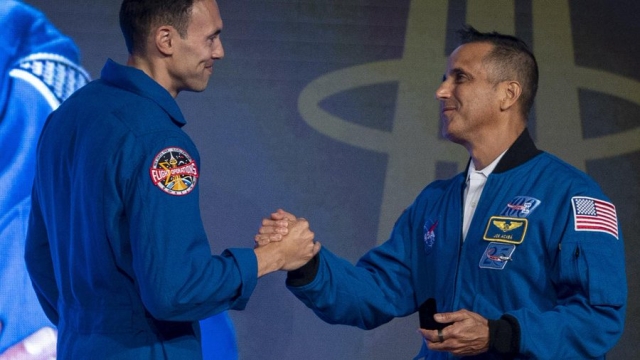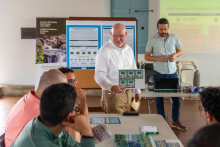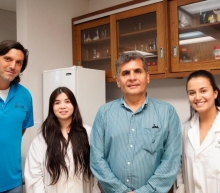Reviving Puerto Rico’s vanilla industry: how farmers in Castañer are bringing back the island’s sweet legacy
Lares - Did you know that vanilla is one of the best-selling products in the world and that Puerto Rico is one of the countries that grows it?
About 20 Puerto Rican farmers joined forces to revive the vanilla industry on the island under an ambitious project established in the Bartolo neighborhood of the town of Castañer, in Lares.










